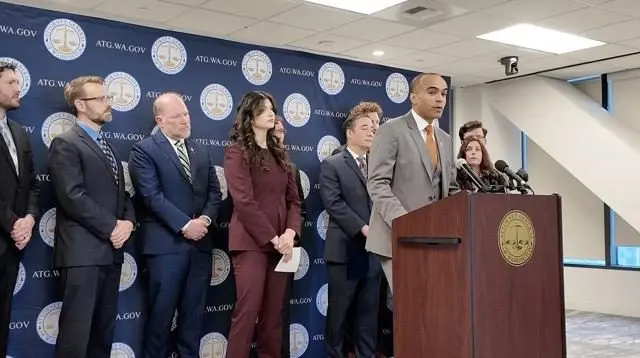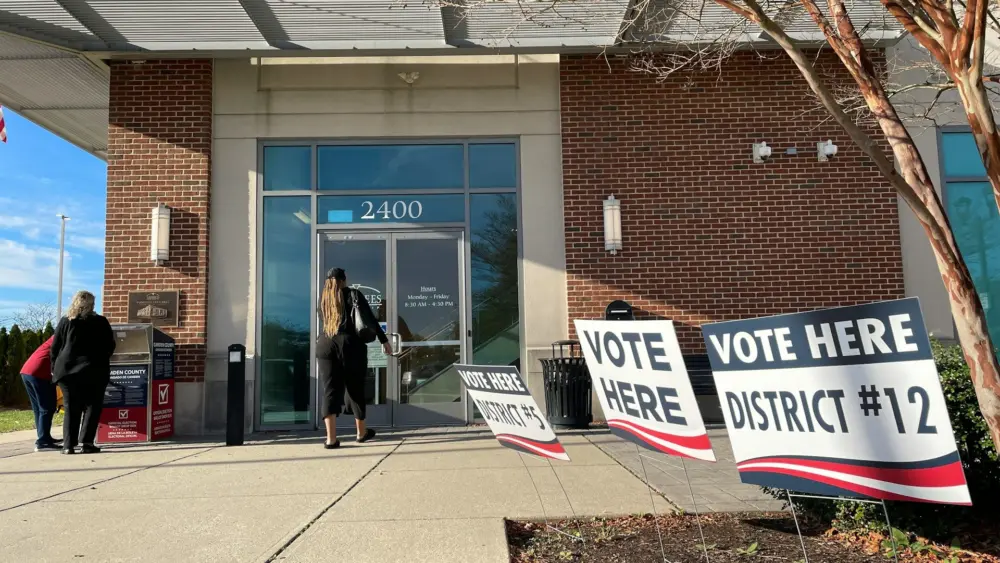by Idaho Reports staff
BOISE, ID – Despite multiple reports of issues with the original law and a Senate attempt to fix those problems, the House declined to amend the Idaho Parental Rights Act during the 2025 legislative session. That means medical providers must wait at least another year until they get clarity on how they can treat minors in certain situations.
Prior to the law taking effect in July 2024, as Idaho Reports previously reported, minors age 14 or older could give informed consent for a sexual assault exam. Commonly called rape kits, sexual assault kits are exams done by trained nurse examiners after an assault. Requiring parental consent for such an exam becomes problematic if the perpetrator is a parent, family member, or close family friend, according to Idaho State Police sexual assault nurse coordinator Deb Wetherelt.
Idaho Gov. Brad Little signed the original bill in 2024 with concerns about possible unintended consequences. It took just about a month from the first full committee hearing for the bill to reach the governor’s desk.
“I urge all stakeholders to closely monitor any negative consequences this legislation has on our youth accessing the behavioral health supports they need,” Little wrote in a transmittal letter at the time. “I urge my colleagues in the Legislature to communicate with health providers and endeavor to provide necessary clarity during the next legislative session as to the full scope of the policy and law in this bill.”
The law also allows parents up to two years to sue providers for violating their rights under the act.
Upon the law taking effect, public schools like those in the Boise School District asked parents to fill out consent forms for their children to receive even basic first aid, as reported by Idaho Education News.
Hospitals like Kootenai Health created a blanket consent form for parents to allow their children receive medical treatment. “Unless it is a medical emergency, parental consent is needed. Care will need to be delayed until the parent’s consent is received,” the Kootenai Health website notes.
Senate President Pro Tem Kelly Anthon, R-Burley, sponsored both the bill that became law in 2024 and another bill in 2025 to address its unintended effects. He said the intent of the law had been generally misinterpreted.
“It stood for the premise and the principle that a parent has supreme and inherent decision-making power over healthcare decisions for their child. It’s that simple,” Anthon said. “What became not so simple was the way it was received throughout the state. The way it was interpreted, the way it was applied, and the way it, I think, became very concerning, very disturbing, how it was misconstrued across the state.”
Anthon’s 2025 bill would have explicitly permitted minor children to seek care related to collecting time-sensitive evidence of a crime, as well as to non-emergency first aid services and the Idaho crisis and suicide hotline. It also would have allowed minors who are pregnant or have a child of their own to consent to pre- and postnatal care.
However, this year’s bill did not advance further after passing the Senate. House Speaker Mike Moyle told Idaho Reports after adjournment that the bill arrived too late in the session for the House to fully engage with it.
“Sometimes you have a big issue like that, that comes so late in the year and there are so many pieces — and there’s a lot of pieces in that bill — it gets hard to get it fixed,” Moyle said. “The last day before we left, there was some possible amendments on my desk that came up from people that were concerned. I do know the issue is not going to go away. There’s some things there that we absolutely need to fix.”
Amanda Cook is the forensic nurse examiner program director at the Domestic Violence and Sexual Assault Center in Idaho Falls. She was disappointed to learn the amendments for sexual assault examinations didn’t pass the House of Representatives.
“The kids we are helping have no parents involved,” said Cook. “The youth this affects are parents who are not involved. We are causing so much havoc.”
Cook said Wednesday the youth she’s seen who couldn’t get parental consent before a forensic exam were largely abandoned by their parents, teens in the justice system who didn’t have guardians, or teens whose legal guardians were CPS workers and the forensic nurses couldn’t get in contact with them.
Another time, she had a teen come in whose incarcerated grandparent was legal guardian, which led to a delay in contact. These are teens without parental guidance coming for help, Cook said, and she wants to be able to do her job and help them.
“Putting a regulation on the autonomy of vulnerable youth is the population it’s effecting,” Cook said. “Now they can’t get medical help. They have no autonomy. (The legislators) have totally screwed it up.”
At a press conference with reporters after the legislative session, Little said it shouldn’t be a surprise that a bill to fix the issues with the new law was not successful on the first attempt.
“Sometimes it takes two or three years to do it right,” Little said. “I’m confident it’ll be back next year.”
Idaho Reports will continue to cover this issue.





